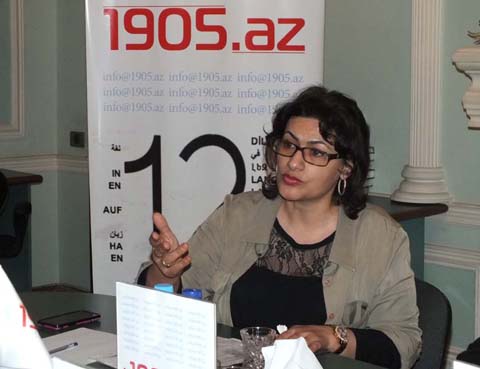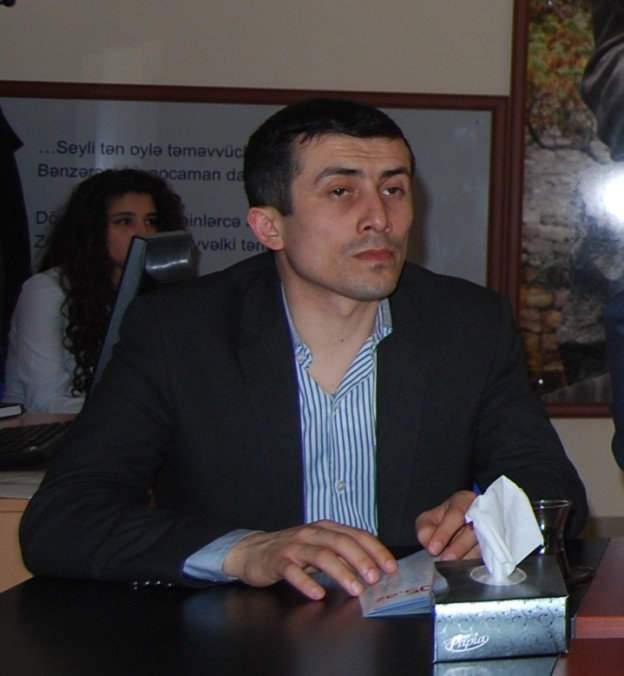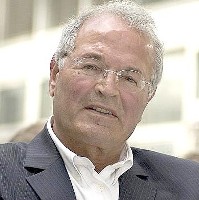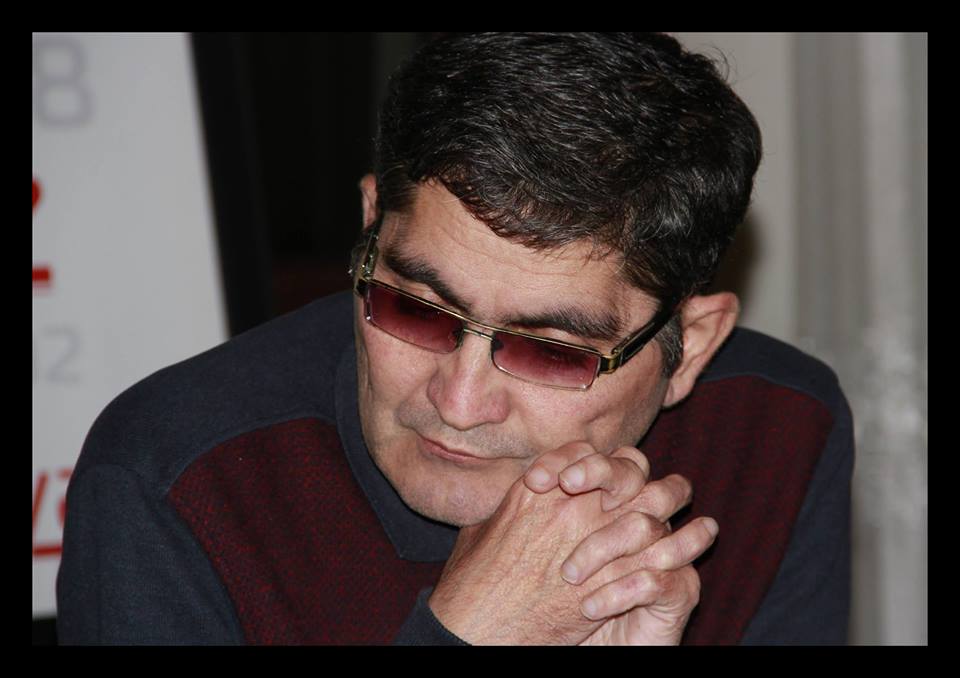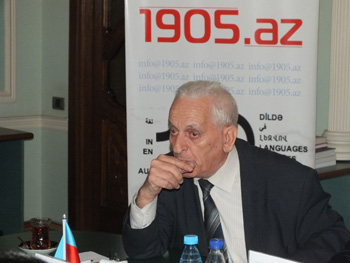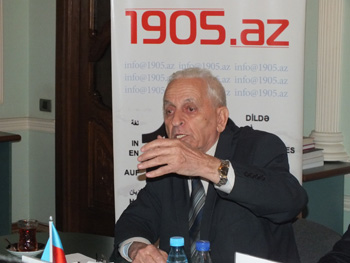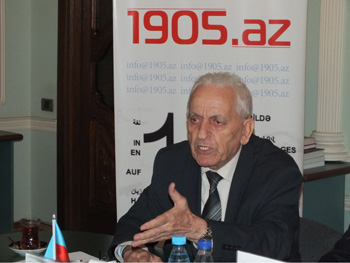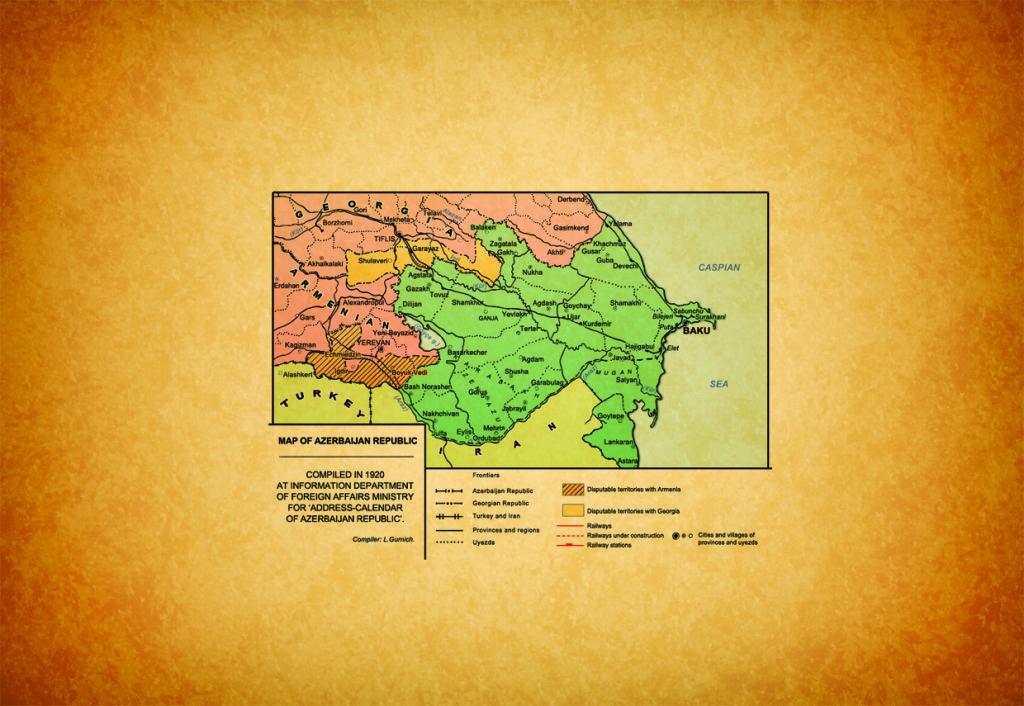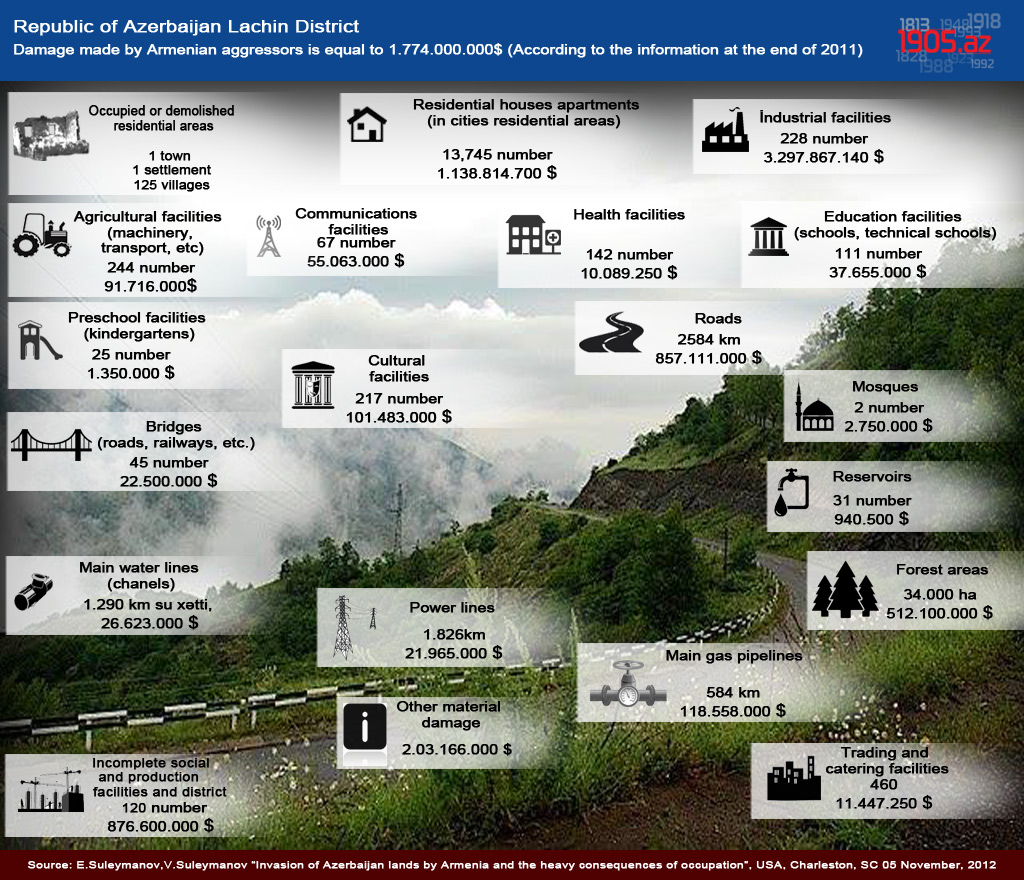May 8, 2013, marked 21 years since the occupation of the town of Shusha, a historic center of the Karabakh region of Azerbaijan, by the Armenian armed forces. The capture and destruction of this predominantly Azerbaijani town symbolized Armenia’s brutal campaign of ethnic cleansing against the indigenous Azerbaijani heritage and population in the Karabakh region.
Established in the 18th century as a capital of the Karabakh khanate, Shusha had been a cradle of Azerbaijani culture, literature and music throughout the 19th and 20th centuries. In 1870s, Azerbaijani musical master Sadigjan developed the first Caucasus tar (lute) in this city. Shusha was also the home of the patriarch of Azerbaijani classical music, Uzeyir Hajibeyov, who composed the world’s first Muslim opera.
In the course of Shusha’s occupation, 480 Azerbaijani civilians were killed, over 600 people were wounded, and 22,000 residents became refugees inside their own country. Additionally, 68 residents, including women and children, were taken hostage. 6,800 households, 44 schools, 279 landmarks, including several mosques and museum-houses, were subjected to destruction. Today, Shusha, once a major cultural center, remains a ghost town obliterated by the Armenian occupation.
I join Azerbaijani-Americans, members of the Pax Turcica Institute, to condemn the ongoing occupation of Shusha and other Azerbaijani lands by the Armenian forces. I call upon the U.S. officials to pressure the government of Armenia into abiding with the United Nations Security Council and General Assembly resolutions, withdrawing from the occupied territories, and allowing for the return of over 600,000 displaced Azerbaijanis to their homes.
Thomas Goltz
Professor of Montana State University
Livingston
Source: www.billingsgazette.com

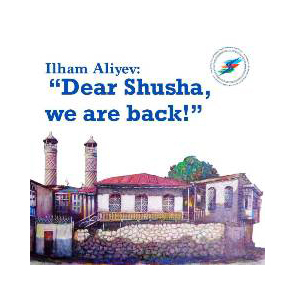

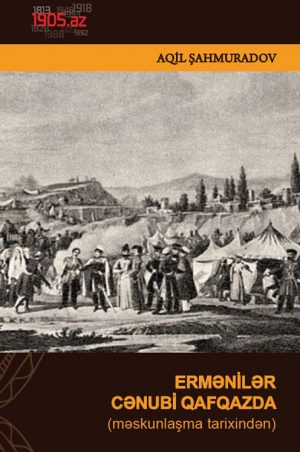





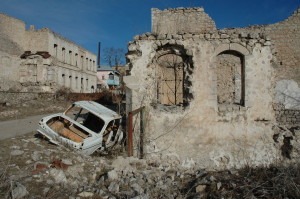
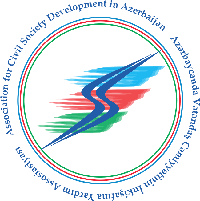
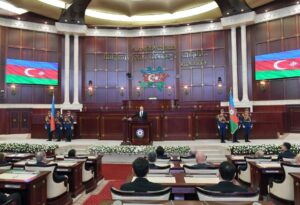 Inauguration ceremony of President of Azerbaijan Ilham Aliyev was held
Inauguration ceremony of President of Azerbaijan Ilham Aliyev was held Ilham Aliyev wins presidential election with 92.05 percent of votes VIDEO
Ilham Aliyev wins presidential election with 92.05 percent of votes VIDEO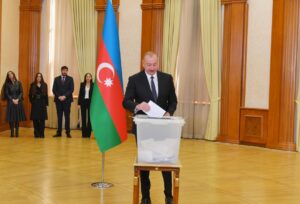 President Ilham Aliyev, First Lady Mehriban Aliyeva and family members voted in Khankendi VIDEO
President Ilham Aliyev, First Lady Mehriban Aliyeva and family members voted in Khankendi VIDEO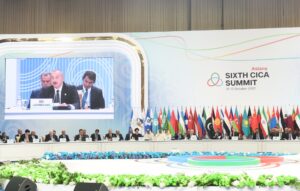 Plenary session of 6th Summit of Conference on Interaction and Confidence Building Measures in Asia gets underway in Astana. President Ilham Aliyev attends the plenary session VIDEO
Plenary session of 6th Summit of Conference on Interaction and Confidence Building Measures in Asia gets underway in Astana. President Ilham Aliyev attends the plenary session VIDEO President Ilham Aliyev was interviewed by Azerbaijani TV channels in Prague VIDEO
President Ilham Aliyev was interviewed by Azerbaijani TV channels in Prague VIDEO



